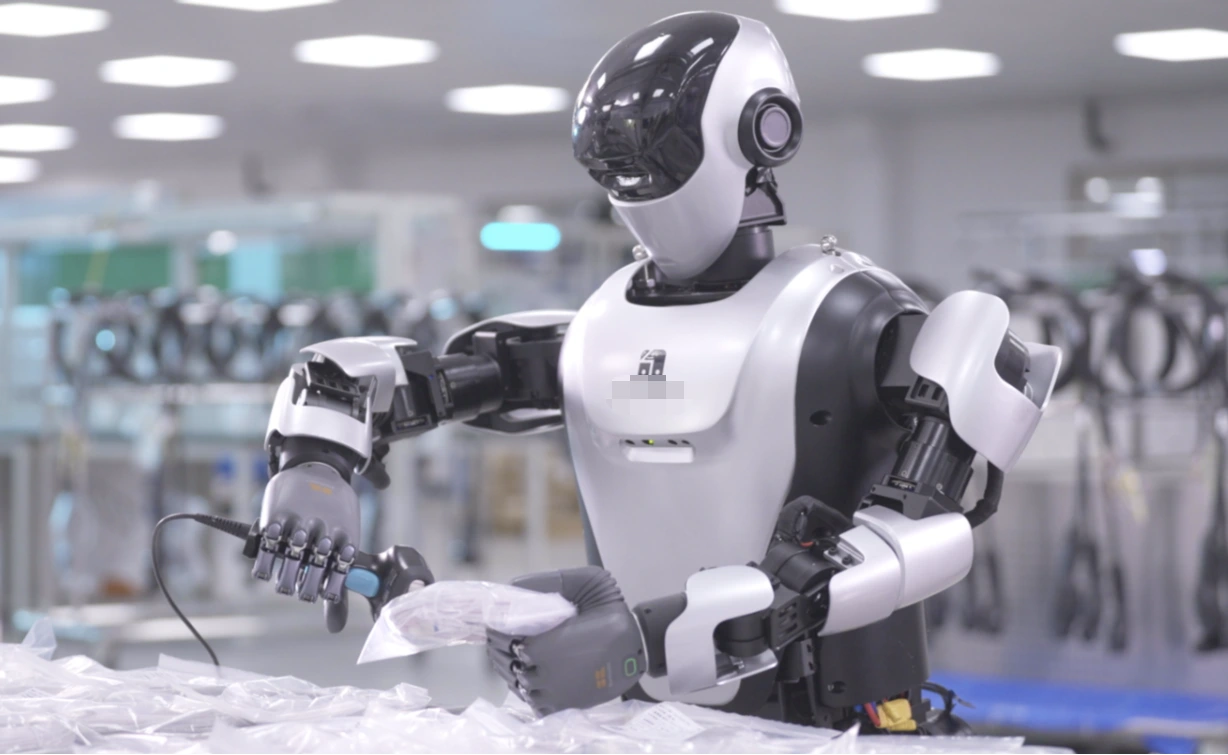Electric generators have revolutionized various industries by providing a reliable and efficient source of power. However, it is essential to acknowledge that even the most advanced technologies come with their own set of disadvantages. In this forum post, we will delve into the drawbacks of electric generators, exploring their limitations and potential challenges. By understanding these disadvantages, we can make informed decisions when considering the use of electric generators in different applications.
- Environmental Impact:
One significant disadvantage of electric generators is their environmental impact. Traditional generators often rely on fossil fuels, such as gasoline or diesel, to generate electricity. The combustion of these fuels releases harmful emissions, including carbon dioxide, nitrogen oxides, and particulate matter, contributing to air pollution and climate change. Additionally, the extraction and transportation of fossil fuels can lead to ecological damage. However, it is worth noting that advancements in renewable energy sources, such as solar or wind-powered generators, are mitigating these environmental concerns. - Noise Pollution:
Another drawback of electric generators is the noise they produce during operation. Generators, especially those powered by internal combustion engines, can generate significant noise levels, which can be disruptive and potentially harmful to human health. This issue is particularly relevant in residential areas or during events where noise regulations are in place. Noise reduction technologies and the use of soundproof enclosures can help alleviate this problem, but they may add to the overall cost and maintenance requirements. - Fuel Dependency and Cost:
Electric generators that rely on fossil fuels are subject to the availability and fluctuating prices of these resources. The cost of fuel can significantly impact the operational expenses of running a generator, especially during times of high demand or fuel shortages. Additionally, the need for fuel storage and regular refueling can be inconvenient and add logistical complexities, particularly in remote locations or during emergencies. Transitioning to renewable energy sources can help mitigate these fuel-related challenges, but initial setup costs may be higher. - Maintenance and Reliability:
Like any mechanical device, electric generators require regular maintenance to ensure optimal performance and longevity. Neglecting maintenance can lead to decreased efficiency, increased fuel consumption, and potential breakdowns. Moreover, generators may not always be reliable during extreme weather conditions or natural disasters, such as hurricanes or earthquakes. Backup systems or redundant generators may be necessary to ensure uninterrupted power supply, adding to the overall cost and complexity. - Size and Portability:
Electric generators, especially those with higher power output, tend to be bulky and heavy. This can pose challenges when it comes to transportation and installation, particularly in remote or inaccessible areas. Additionally, limited portability may restrict the versatility and flexibility of generator usage, making them less suitable for certain applications or temporary power needs.
Conclusion:
While electric generators offer numerous benefits, it is crucial to consider their disadvantages before implementing them in various settings. Environmental impact, noise pollution, fuel dependency and cost, maintenance requirements, and size/portability limitations are key factors to evaluate. By understanding these drawbacks, we can make informed decisions and explore alternative solutions that align with our specific needs and priorities.

